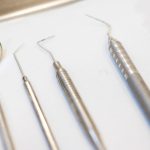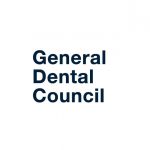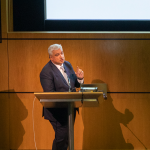The General Dental Council (GDC) has today published its annual statistical reports for 2021 on fitness to practise and registration.
Both reports benefit from efforts with the professions to build a more complete picture of equality, diversity and inclusion (EDI) data, enabling the regulator to better understand the diversity of the professions. EDI data is now provided by almost 92% of professionals – a huge improvement on the 66% held in 2020. Over time, this information will be used to understand the impact of regulation on people who share protected characteristics and will enable the GDC to detect discrimination and work to eliminate it.
This has made it possible – for the first time – for the fitness to practise report to include a reliable breakdown of cases by EDI characteristics, including ethnicity.
The report highlights that of all concerns received by the GDC in 2021, a disproportionately high number were raised against Asian or Asian British dentists (28%) when compared to their proportion of the total register (24%). Conversely, White dentists were underrepresented (43% of all concerns raised) when compared to their proportion of the register (50%).
While these differences were evident in relation to concerns raised with the GDC, the report indicates the regulator progressed concerns in broadly the same proportions they were received.
GDC Executive Director of Fitness to Practise, John Cullinane, said: “This is the first time we have published EDI data in the context of fitness to practise and we’re in the early stages of understanding what it tells us, and how we can use it in our work to ensure there is no discrimination in any of our process. What we do know is that EDI analysis is complex and, as such, the data in our reports should not be used in isolation to draw conclusions as many other factors may be relevant, such as practice location, size of practice or local demographics.
“We are committed to developing the data we hold and our understanding of it, and we look forward to sharing further insights as our work progresses.”
While improvement has been achieved in the overall EDI data held by the GDC, around a quarter of registrants still do not provide information relating to sexual orientation. This undermines the GDC’s ability to analyse this protected characteristic and, as such, the regulator encourages all professionals to submit this data via eGDC.
The full registration and fitness to practise 2021 statistical reports, which now include comparison data from previous years to better show any trends or changes over time, are available on the GDC’s Annual Report webpage.










